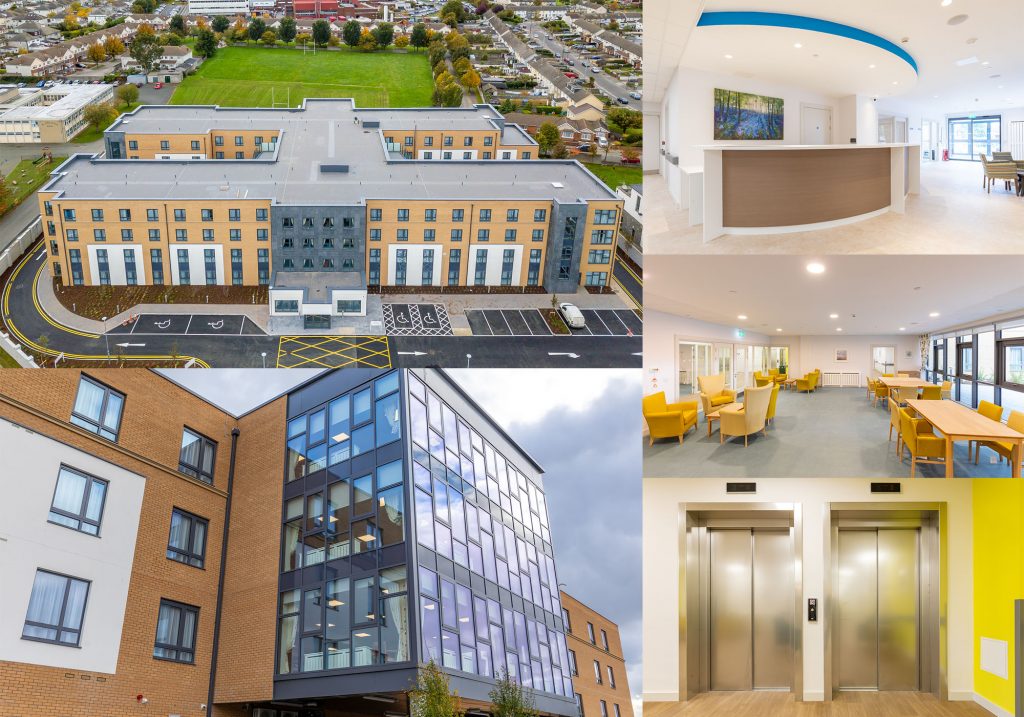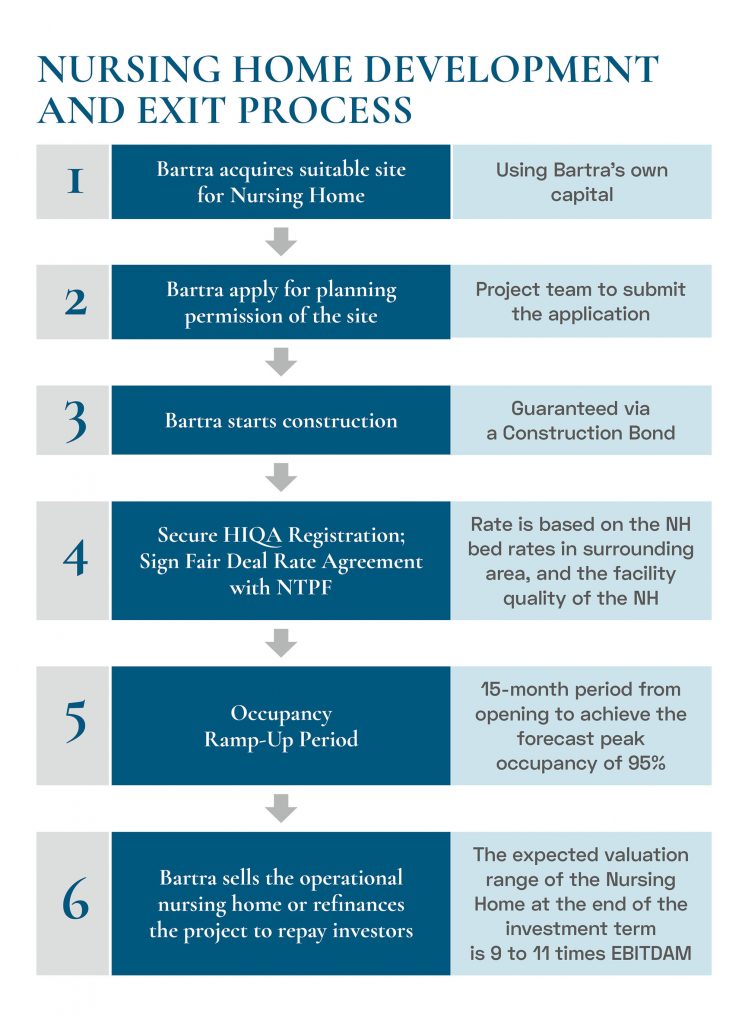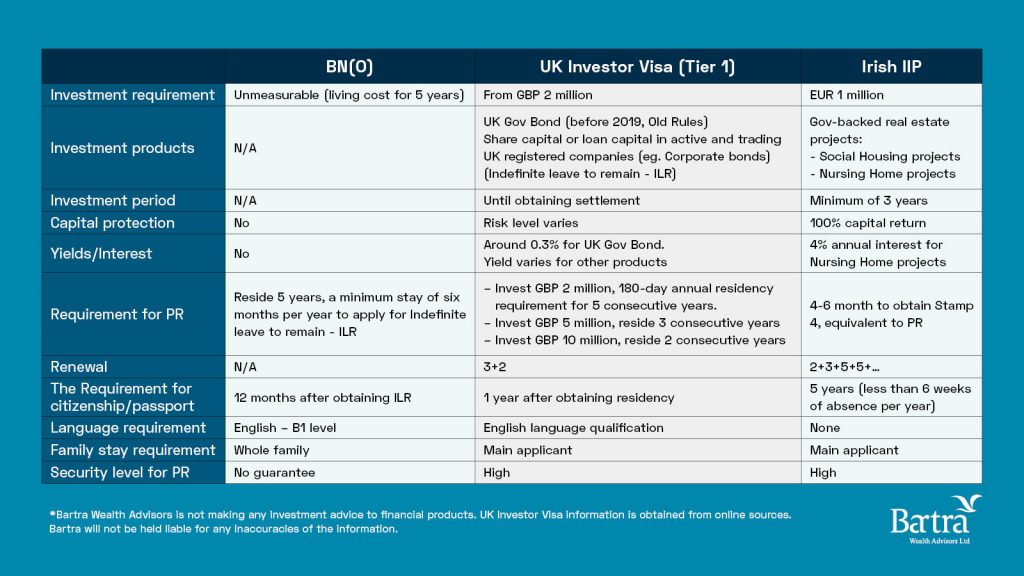Nursing care is an in-demand sector worldwide. Driven by a rising ageing population, the global nursing care market is expected to grow to a value of more than $1,100 billion at an annual rate of 8.6% to 2022 according to a recent report from The Business Research Company.
Unlike assisted-living facilities, nursing homes are strictly regulated by the government in many countries and are built and managed by sophisticated institutions to a high standard to ensure the care and treatment of elderly people who may have physical health concerns and/or mental disabilities.
It is common to see that those living in nursing homes generally have more disability than people living at home. Over half of nursing home residents need help with three or more activities of daily living (ADLs) such as dressing and bathing. Those who are able to walk may still need assistance or supervision, and some may have difficulty hearing or seeing.
Nursing homes have changed dramatically over the past few decades. They increasingly offer medical services similar to those offered in hospitals after surgery, illness or sudden medical problems. The elderly need a higher level of care, particularly as hospital stays are shorter than they used to be. However, medical services vary a lot among nursing homes.
At Bartra, we take the issue of ageing seriously. We believe in “growing old with dignity”. Bartra Healthcare is on course to become the largest provider of quality healthcare in Ireland. Led by seasoned professional Declan Carlyle, Bartra’s Healthcare division delivers a nursing home portfolio with superior elderly care facilities designed to meet the Irish government’s highest standards as imposed by the Health Information Quality Authority (HIQA). In Bartra’s nursing home operations, our highly skilled and experienced care team is inculcating a culture of quality caregiving in all our facilities, ensuring a standard of care that recognises our residents’ needs for independence, choice dignity and respect, compassion and advocacy.
Watch our interview with Declan Carlyle, CEO of Bartra Healthcare’s CEO, and former CFO of Beaumont Hospital, to find out what makes our service exceptional.
We are proud that Bartra Healthcare is comprised of a group of premium quality nursing homes, each of which provides individualised care in a safe, friendly and comfortable environment where all of the needs of our residents are met. As Declan says, “Every single aspect of these homes has been designed with meticulous attention to detail.” Aside from top-class elderly care facilities, high quality beds and bed linen and hand-picked teams of professional and clinical staff, we also strive to bring tasty, wholesome food to residents that is well presented and appetising to the eye.
Eating and drinking are fundamental needs and consequently essential parts of nursing and nursing care. Encouraging older people in nursing homes to engage in mealtime activities can increase engagement in daily life and encourage more optimal health among older people. It’s more than simply a meal. Our team of highly skilled chefs has a deep understanding of diet, cooks with heart, and brings empathy and imagination to the table.
Learn more about our food philosophy in our interview with Executive Chef Andrew Dunne.
Strong track record of success
Bartra’s nursing homes are Immigrant Investor Programme (IIP) qualified, with state-backed income, and meet the highest HIQA standards. Investors into our nursing home projects deploy €1 million for 5 years and receive 100% repayment upon maturity and a 20% return (4% per annum). Bartra has a strong pipeline of 825 nursing home beds, valued at €180 million.
Following the successful opening of our Northwood and Loughshinny nursing homes, Bartra’s third nursing home project, Beaumont Lodge was completed in October 2020, two months ahead of schedule and within budget despite the global pandemic and the challenges it presented. Beaumont Lodge is one of the Ireland’s largest nursing homes, featuring 221 single occupancy, ensuite bedrooms offering privacy for every elderly resident.
The building contains a large open plan area of 10,000 square meters, equivalent to the size of a football field, with three-storey overhanging areas supported on concrete beams and columns. Large ‘Winter Garden’ balconies were constructed on each floor to provide outdoor space. The development also offers 83 car parking spaces along with motorcycle and bicycle bays. Bartra teams provided civil, structural and traffic engineering services as well as design.


Beaumont Lodge, completed exterior and interior
Regarding nursing facilities, Beaumont will fully comply with the highest HIQA standards, accommodating some of the most advanced equipment to ensure high-tech and intelligent nursing services. Each room offers a separate shower room which ensures a private space. All beds can be easily raised and lowered, and the mattresses in each room are customised in consideration of body pressure distribution. Every room is equipped with an alarm system for daily needs or emergency assistance.
To find out how the development of Beaumont Lodge progressed from its beginnings in 2018, watch our construction video.
Beaumont is located in Dublin 5, close to Dublin Airport and within easy reach of Ireland’s most important traffic artery and busiest ring road, the M50. From this C-shaped highway, almost anywhere in Dublin can be accessed easily. Another important highway, the M1, which connects Dublin and Northern Ireland, is also nearby. The extensive transportation network around Beaumont is convenient for the elderly who reside there.
How does Bartra’s nursing home portfolio work?
With an ageing population, nursing homes are in high demand yet remain undersupplied in Ireland. The number of over 65-year-olds is expected to reach 16% of the total population, accounting for 860,600 people by 2026. This means the country will need 7,500 new nursing home beds in the system by then. However, little is expected to be built in the next few years, with just 1,144 beds due to be delivered.
To meet the required volume of units, reduce housing waiting lists and increase the delivery of much-needed infrastructure, collaboration between the public and private sectors is necessary. And since nursing homes qualify as essential infrastructure, institutional investors with long-term investment horizons are contributing to elderly care projects as part of their investment portfolios.
For more on the benefits of investing in nursing hones and healthcare (as well as social housing), read our article on Impact Investing with Bartra.
It is worth noting that, in Ireland, there is a financial support scheme available from the government for the cost of nursing home care. This scheme is called the Nursing Home Support Scheme, but It is better known as “The Fair Deal”. Under the Fair Deal Scheme, each bed in a nursing home receives a weekly subsidy from the government (the subsidy standard is determined by the National Treatment Purchase Fund). As such, investing in nursing home projects is safe and unaffected by market movements due to its state-backed income stream, many institutional investors with a long-term investment horizon have contributed to elderly care as part of their investment portfolios.
Investments in and acquisitions of nursing home projects in Ireland to date include:
Care Choice Group, Munster (5 Nursing Homes) and Dublin (1 Nursing Home): Infra Via acquired Care Choice for €70m (comprising 503 beds, the majority of which are located in Munster, with four sites located in the Greater Dublin Area).
The Beechfield Group, Dublin (3 Nursing Homes): German-based IMMAC Group entered the Irish nursing home sector with the €33m acquisition of the Beechfield Care Group, incorporating Beechfield Manor Nursing Home, Glengara Park Nursing Home and Mount Hybla Nursing Home as well as the Beechfield Private Homecare service.
TCL Group (Ireland) (4 Nursing Homes and 1 site): TLC is a provider of retirement care services based in Dublin, Ireland. The company specialises in luxury nursing homes for elderly people. It has been reported that the sale price of TLC Nursing Homes portfolio would exceed €150m for 4 Nursing Homes, comprising 674 beds (Santry, Cara Care, Maynooth, Citywest and Carton nursing homes) and a site in Ireland.
Bartra is a leading nursing homes developer in the healthcare sector in Ireland. We source, build and manage our projects from start to finish. The chart below explains our project development and exit process.


At Bartra, we build communities for life where everyone can contribute. We create environments and services in which people are valued, included and respected. And we put great emphasis on facilitating and encouraging residents to continue to pursue their hobbies and interests while living in our nursing homes.



